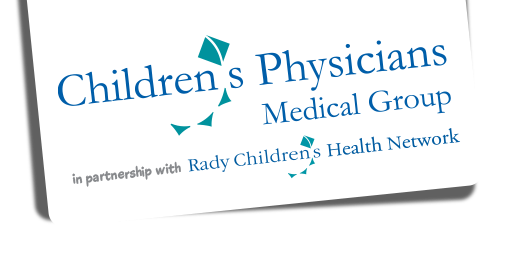by Dr. Gina Rosenfeld
http://www.youtube.com/watch?v=vMgSUdi0WYM
Preparation:
Preparing a child for kindergarten can be pretty exciting, especially for new parents. In preparing for their first year of school, children must be ready for a new routine and schedule that demands focus at early hours of the day and for longer periods of time than they may be used to. Parents must also ensure that children practice good personal hygiene habits while in school so they can stay healthy and not spread germs to classmates. Younger children, especially those entering kindergarten, do not possess as strong of an immune system as teens and adults, but good personal hygiene habits can drastically reduce the number of times a child becomes sick.
Sleep:
It is important to begin conditioning children to a school night sleep schedule as early as the summer before kindergarten. A good sleep schedule will prepare children for waking up on time and will also help keep children alert and focused during class. Children between the ages of 4 and 6 years old should sleep at least 10 to 12 hours per night. During the summer, parents can gradually schedule bedtime ten minutes earlier every few nights until the child is used to going to bed at a reasonable hour.
Nutrition:
Teaching children about healthy eating habits can also be done the summer before school starts. Children need a healthy diet to give them energy, increase their ability to focus and fight off germs. Healthy foods and snacks like fruits, vegetables, yogurt, etc., can provide children with natural energy while at the same time boosting their body’s germ fighting defenses. Foods high in sugar can make children jittery and unfocused. If a child is allergic to any type of food, they must also be taught how to identify those foods so they can avoid a potentially serious allergic reaction. Parents of children with food allergies should contact their child’s teacher to advise them of the allergy as soon as possible, so the teacher can plan and prepare for an allergic reaction if one occurs.
Immunizations:
Finally, schools will provide a list of immunization requirements that every child must meet before the start of kindergarten, but immunizations alone can’t fight off every type of germ and sickness. Simple habits like hand washing after bathroom visits and before meals can drastically reduce the spread of germs around a classroom. Common childhood illnesses include whooping cough, chicken pox, head lice, ringworm, strep throat, pink eye, ear and sinus infections, colds and the stomach flu. Symptoms of these common childhood illnesses will typically include itchy/bumpy skin, fever, sore throat, eye irritation, earache, diarrhea and vomiting. If teachers notice symptoms of illness before parents do, the parents should be notified immediately so an appointment with a pediatrician can be scheduled. If a parent is the first to notice symptoms of illness, the child should be kept home from school to limit the spread of disease and not return to school until symptom free or a visit to the pediatrician.
Other Resources:
